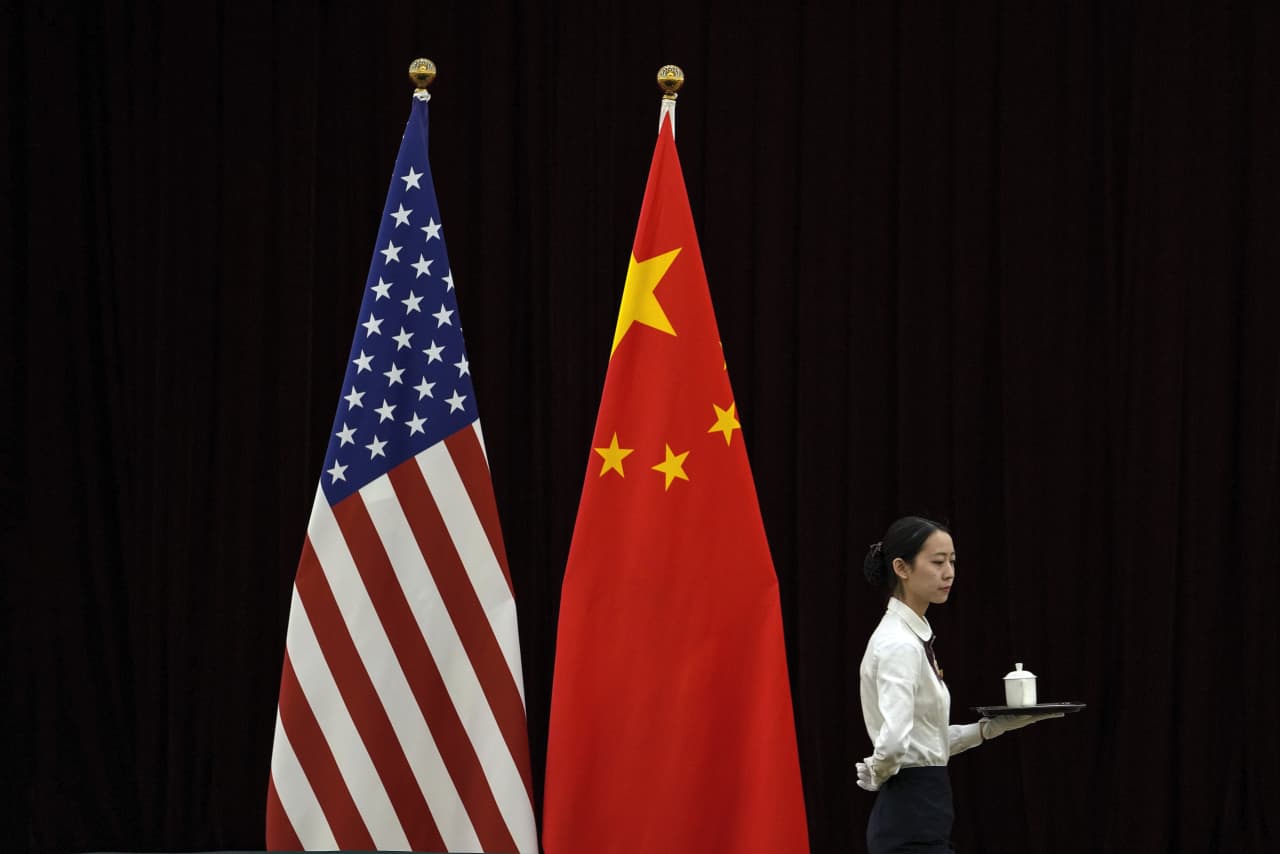Investors Brace for Renewed US-China Trade War Volatility as Trump Threatens 100% Tariffs in High-Stakes Game of Chicken
As tensions flare between the world’s two largest economies, Wall Street is on edge. Investors are scrambling to prepare for what could be a prolonged period of market turbulence.
In the latest escalation of the US-China trade war, President Donald Trump announced on October 10, 2025, an additional 100% tariff on Chinese imports, set to take effect November 1 unless a deal is reached. This move, amid ongoing trade tensions, has sparked fears of heightened market volatility and economic fallout. Experts warn that Trump tariffs could push total duties on Chinese goods to around 130%, effectively acting as a trade embargo. The announcement follows China’s recent curbs on rare earth exports, which Beijing blames on U.S. provocations, further fueling the high-stakes showdown.
The roots of this renewed conflict trace back to Trump’s first term, where initial tariffs aimed to address trade imbalances and intellectual property theft. By 2025, U.S. tariffs on Chinese goods had already risen 36.8% since his second inauguration in January, according to the Peterson Institute for International Economics. China responded with an 11.4% increase in its own levies. Last week’s drama unfolded rapidly: Markets plunged on Friday after Trump’s Truth Social post threatening the hikes, with the Dow dropping over 600 points. But stocks rebounded sharply on Monday, gaining back much of the losses, as Trump downplayed the tensions and hinted at ongoing talks.
Treasury Secretary Scott Bessent confirmed on October 13 that the U.S. is engaging with China to de-escalate, stating a planned Trump-Xi meeting remains on track. However, new port fees kicking in this week could add more pressure on Chinese shipments, raising costs for importers.
Analysts are divided on the long-term effects. Goldman Sachs estimates that U.S. consumers could bear 55% of the tariff costs through higher prices, potentially stoking inflation into 2026. “The inflationary effects will continue filtering in,” noted Wall Street strategist David Allen in a recent report. Meanwhile, some see upsides: Higher tariffs might boost U.S. manufacturing employment, as per a National Bureau of Economic Research study, by shifting supply chains away from China.
Public reactions on social media reflect the anxiety. On X (formerly Twitter), users like @deepdownanlyz highlighted opportunities for countries like India in manufacturing shifts, while @bert_gilfoyle pointed to benefits for U.S. energy storage firms like EOSE, calling it a “subsidized monopoly” amid restrictions on Chinese batteries. Crypto enthusiasts, such as @cryptoguru2004, noted Beijing’s accusations of U.S.-induced instability, predicting volatility in digital assets.
For U.S. readers, the implications hit close to home. Economically, everyday goods from electronics to furniture could see price jumps, squeezing household budgets already strained by post-pandemic recovery. Politically, this bolsters Trump’s “America First” agenda but risks alienating business allies. In technology, restrictions on critical materials like rare earths could disrupt AI and hardware supply chains, slowing innovation. Investors face the brunt: Tech stocks sold off amid the news, prompting sector rotation into safer havens like infrastructure and commodities.
To manage this uncertainty, financial advisors recommend diversification. Spread portfolios across U.S.-centric assets, emerging markets less tied to China, and even cryptocurrencies as a hedge against dollar volatility. Monitor Federal Reserve moves, as rate cuts could counter inflation spikes. Staying informed through real-time updates is key—avoid knee-jerk reactions to headlines.
As negotiations continue, the outcome remains unclear, but one thing is certain: This US-China trade war revival demands vigilance from investors navigating Trump tariffs, trade tensions, and market volatility.
By Sam Michael
Follow and subscribe to us for more updates—enable push notifications to stay ahead.
SEO tags: US China trade war, Trump tariffs, China tariffs 100%, trade war volatility, market impact, trade tensions, investor strategies, economic fallout, tariffs impact US economy, China rare earth curbs
